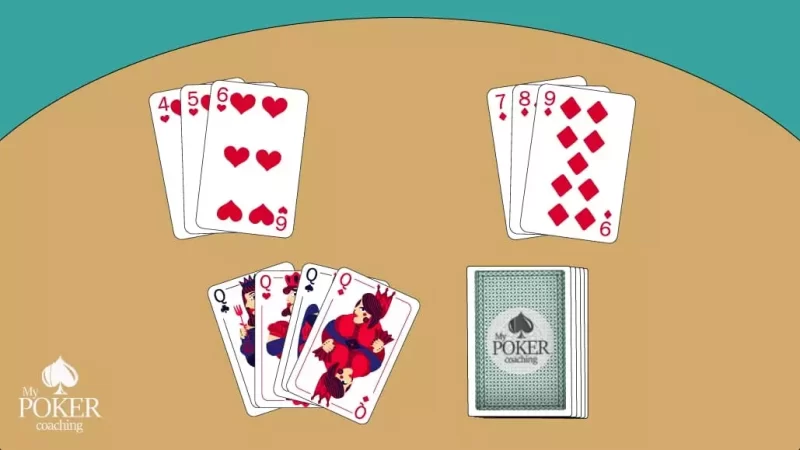Do Casinos Cheat at Roulette?
Casino cheating is a serious crime that has cost casinos millions in revenue over time, which is why security measures at casinos must be as stringent as possible in order to minimize this risk.
Cheating at roulette can be done through various legal and illegal means. This article aims to cover these methods to give an edge and gain an advantage when playing roulette.
Wheel bias
Some believe casinos cheat at roulette through wheel bias, whereby one section of the wheel hits more frequently than another part. This can cause players to lose winnings or even be robbed. Reputable online casinos utilize audited random number generators (RNG) in order to ensure a fair game.
Still, some individuals still attempt to lower the house edge in roulette by exploiting wheel bias. One such method, called sector targeting, involves monitoring many spins to see whether a certain segment exhibits bias. Although not illegal or forbidden by casinos, sector targeting could become distractive to dealers and croupiers; most modern casinos use sturdy wheels that are less prone to wheel bias that can be monitored using data loggers that will detect any issues with ball tracks and deflectors that need adjusting accordingly.
Magnetic ball method
One of the oldest methods of roulette cheating involves magnets. The theory behind it is that by placing a magnet inside of the ball and an adjacent magnetic part within the wheel, one can manipulate its trajectory. Although difficult to achieve successfully, some cheaters have managed to pull this trick off successfully in the past; even casino managers say it would be impossible to prove whether cheaters were involved without physical evidence of magnetism in the ball being detectable by them.
Casinos typically don’t rig their wheels intentionally as this would be illegal and could cost them millions. But players may discover if a particular wheel is biased and place bets accordingly – this strategy may prove risky as results of single spins may vary significantly, yet worth testing if you want to increase your odds of success!
Handheld device method
Roulette is one of the world’s favorite casino classics, yet one that can be difficult to cheat at. Unfortunately, criminal and unsavoury elements sometimes try their luck at gambling establishments when real money is involved; players and dealers have both been found guilty in past attempts at cheating at roulette resulting in tightened security measures being implemented at these venues.
There are various strategies for cheating at roulette, such as using laser scanners to decipher the speed of the ball and feed this information back into a computer to predict where it will land. Unfortunately, this approach may not be ideal in modern casinos and would likely be difficult to conceal. In addition, cheating could incur significant fines or prison sentences as well as lifelong banishment from certain casinos – making reputable establishments essential.
Sector targeting
Sector targeting in roulette is one method used by cheaters to increase their chances of victory. They do this by monitoring the wheel’s spin speed and anticipating where the ball will land on it before placing their bets accordingly. While not a widely practiced form of cheating at roulette, sector targeting can still prove highly effective.
Casinos have long been plagued by underhanded operators’s attempts at gaming the system; roulette in particular has witnessed some novel attempts at making illicit gains. Luckily, most scams have been foiled, as casinos have learned how to protect their customers against cheaters.
Yet some players still believe online casinos cheat, possibly as a result of both psychology and precedent. People may believe casinos that owe them money are more likely to cheat; this however does not hold true for reputable online casinos that have been licensed and audited independently by independent auditors.








